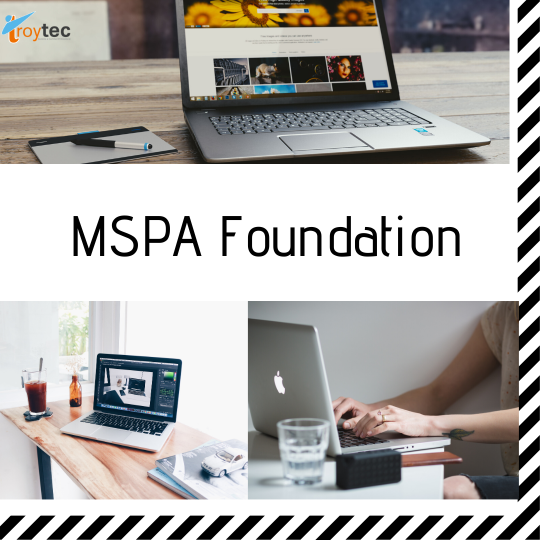- Get link
- X
- Other Apps
It is well known that some children are prone to struggle when learning to read, write and solve mathematical problems. The school psychologist is the assessment expert who is uniquely trained to advise parents and teachers about best practices to prevent and repair academic skill gaps. In nearly all systems, a tremendous amount of data are available that can be used to understand learning needs and promote stronger learning gains for the system and the individual student. To be of the greatest benefit to the children we serve, school psychologists must know how to harness the power of academic screening to give students the academic proficiency with all its resulting economic and social benefits for the child. The school psychologist has to build trust with stakeholders, cultivate an understanding and buy-in for the “how” of academic assessment and intervention, and effectively engage with system contingencies to promote the correct use of the tactics that can work when correctly implemented. Drawing on applied behavior analysis and implementation science, Dr. VanDerHeyden will detail how to get people to do what works- from more efficient screening, to attaining core instructional excellence and sustaining remedial intervention in ways that close achievement gaps for vulnerable students. The second half of the day will dig into the how-to of assessment- from screening to intervention and then to the eligibility decision.
The correct diagnosis of dyslexia, dysgraphia and dyscalculia begins in the classroom. Dr. VanDerHeyden will provide a framework for installing and evaluating screening data to identify initial risk then detail step-by-step actions to evaluate the four federal criteria for SLD (performing below grade-level state standards in one of the 8 areas, demonstrating a pattern of strengths and weaknesses consistent with SLD, or lack of progress in response to scientifically validated instruction, rule out sensory deficits and rule out lack of instructional opportunity as possible causes of inadequate achievement).

Beginning with the foundation and working toward the ultimate eligibility decision, RTI requires hundreds of little actions and decisions, in tandem, along the journey. When implemented well, system improvements like reduced risk overall, improved achievement, more efficient and accurate decisions related to resource allocations, equity and even school climate improvements are expected outcomes. Using real-life examples, Dr. VanDerHeyden will walk you through step-by-step from the installation of a universal screening program, to planning and delivering core instruction upgrades, to delivery of intensive interventions with all the many decision points along the way to ensure your RTI implementation success. She will highlight common pitfalls to avoid and emphasize contemporary research findings so that attendees can take away powerful practices to better their implementation efforts. She will share tips and metrics for tracking the quality of your RTI effort and show you how to make the adjustments needed to keep RTI on track. Finally, Dr. VanDerHeyden will walk through the eligibility decision process showing you the connection between a high-quality RTI effort, the final eligibility decision and subsequent instructional planning for the newly eligible student.
- Get link
- X
- Other Apps
Comments
Post a Comment